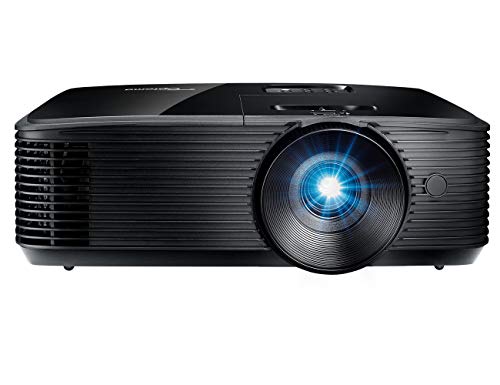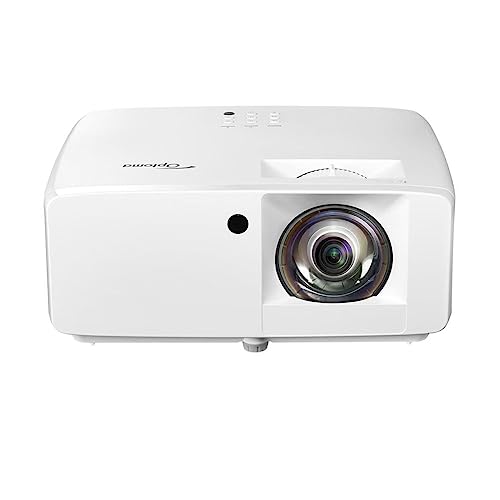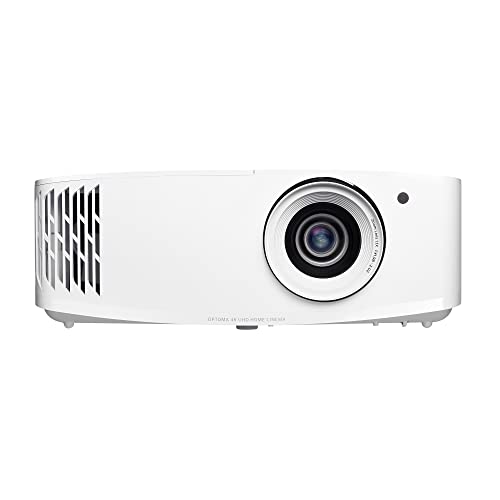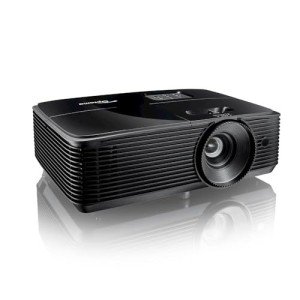In order to find the perfect video projector for your needs, it's important to first understand what those needs are. Consider what you will primarily be using the projector for – whether it's for watching movies, giving presentations, or gaming. Different needs require different features in a projector, so it's important to identify this early on.
Think about the environment in which you will be using the projector. Will you be projecting in a dark room or a well-lit room? Will you be mounting the projector on the ceiling, setting it up on a table, or taking it on the go? The size of the room and the distance from the screen will also play a role in determining the type of projector you need.
Another factor to consider is the resolution you require. Are you looking for a projector that can display crisp, clear images in high definition? Or are you more concerned with brightness and color accuracy? Understanding your viewing needs in terms of resolution will help you narrow down your options and find the perfect projector for you.
Consider Room Size and Layout
When choosing a video projector for your home or office, it's important to consider the size and layout of the room where you will be using it. The first thing to think about is the size of the room. A smaller room may not require as powerful a projector as a larger room, so make sure to take measurements and consider the distance between the projector and the screen or wall.
Another important factor to consider is the layout of the room. Take into account any obstacles that may obstruct the projector's line of sight, such as furniture or light fixtures. You'll also want to think about where you can place the projector for optimal viewing angles. Some projectors have zoom and lens shift features that can help you adjust the image to fit your room's layout.
If you have a particularly bright room with lots of natural light, you may want to look for a projector with higher brightness levels to ensure a clear picture. Consider the type of screen or wall you will be projecting onto, as well as any ambient lighting that could affect the image quality. By taking into consideration the size and layout of your room, you can ensure that you choose a video projector that will provide the best viewing experience possible.
Choose the Right Resolution
When it comes to purchasing a video projector, choosing the right resolution is crucial to ensuring you get the perfect picture quality. Resolution refers to the number of pixels that make up the image on the screen, and the higher the resolution, the clearer and more detailed the image will be.
There are three main resolutions to consider when selecting a video projector: 720p, 1080p, and 4K. A 720p resolution is considered standard definition, while 1080p is considered high definition. 4K resolution offers the highest level of detail, with four times the number of pixels as 1080p. Keep in mind that the type of content you plan to display will also impact the resolution you choose.
If you're planning to use your video projector primarily for watching movies or playing video games, a higher resolution like 1080p or 4K is recommended to fully enjoy the visual experience. However, if you're on a budget or only planning to use the projector for presentations or basic viewing, a 720p resolution may suffice. Ultimately, the right resolution for you depends on your specific needs and preferences.
Look for User-Friendly Features
Another important feature to look for is connectivity options. A good video projector should have multiple input ports such as HDMI, USB, and VGA, so you can easily connect it to various devices like laptops, gaming consoles, and streaming devices. Wireless connectivity is also a great feature to have, as it allows you to stream content from your smartphone or tablet without the need for cables.
Consider the projector's menu interface as well. It should be intuitive and easy to navigate, with clear and concise instructions. Look for projectors that have pre-set picture modes for different viewing environments, as well as features like keystone correction and zoom control for easy image adjustment. Lastly, consider the projector's portability and installation options. Choose a model that is lightweight and compact if you plan on moving it around frequently, and look for models that come with adjustable stands or mounting brackets for easy setup.




